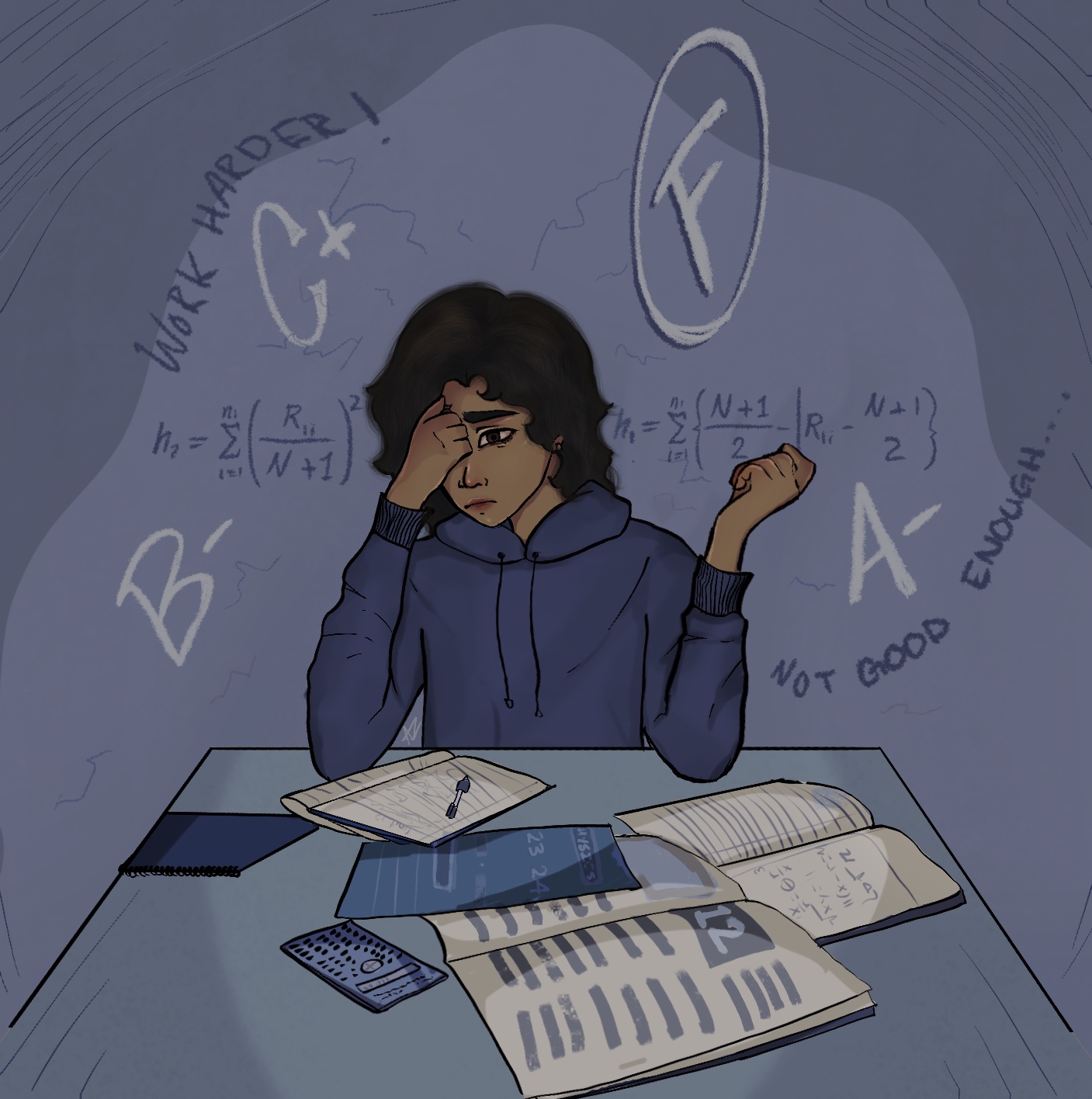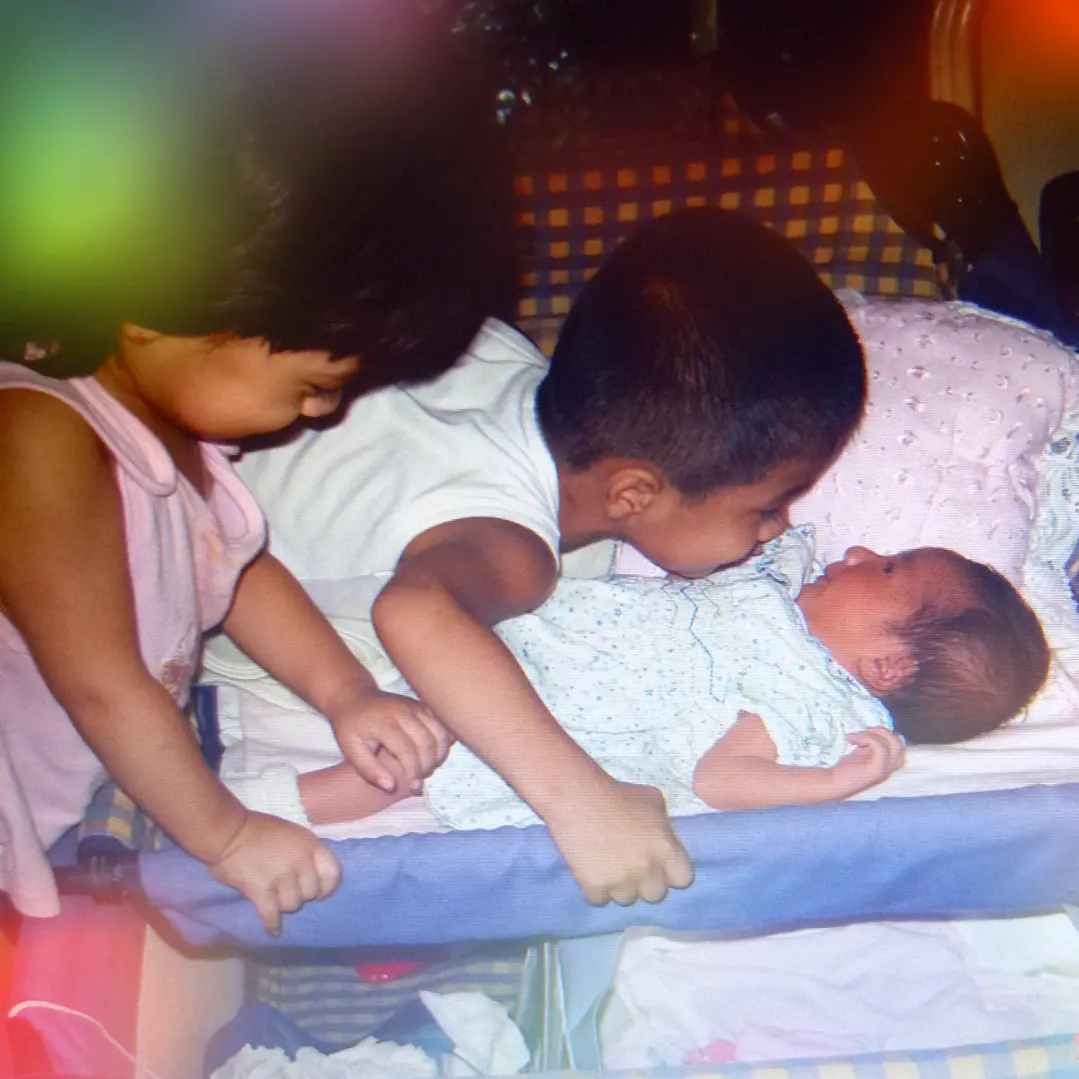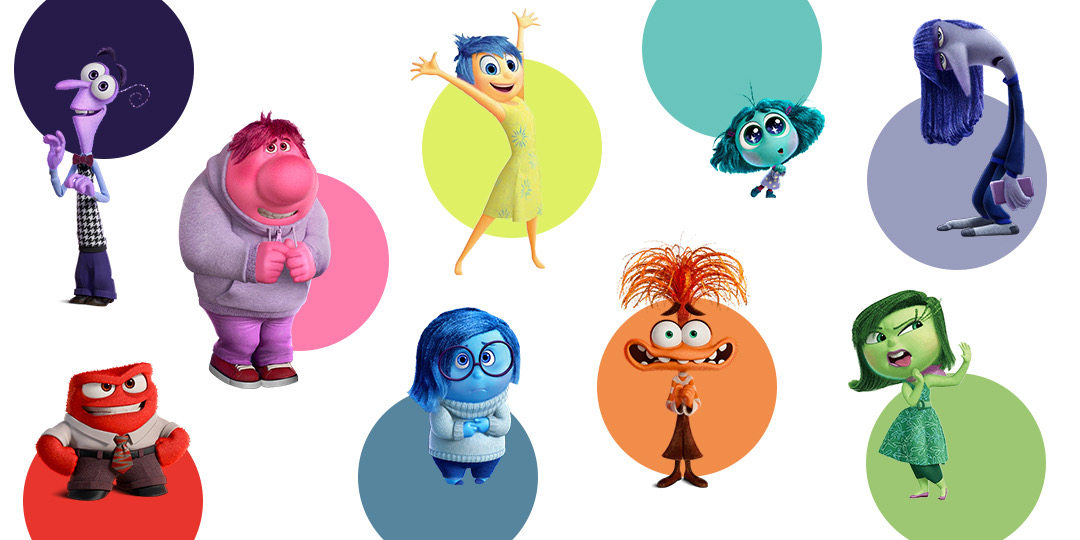
Learning and education is a beautiful thing to me. It’s the stepping stone to my dreams and I’m privileged enough to have resources where I can learn.
So why did I suddenly hate it?
There I was standing in front of my high school with my hand on my chest feeling like I couldn’t breathe. Reminding myself “in and out” just like I practiced. This wasn’t the first time I experienced something like this. Lately, the ability to breathe has gotten worse. Harder.
My therapist called it a panic attack and told me to focus on breathing in and out. But I couldn’t; I really couldn’t. I wanted to scream, run away, and cry. I was stuck. Stuck with the thought that the one thing I had dedicated my time and my life to meant nothing, because I simply wasn’t good at it.
No matter how hard I tried, how much I read, how many hours I spent memorizing the same organelles and the same probabilities, I’d never be good enough.
Because for every essay I wrote, a classmate had conjured up a more specific and sophisticated approach. For every math quiz I get a perfect score on, a classmate answered the extra credit question and got a better score. The questions I ask aren’t even good enough.
So as I stood there, music blaring in my headphones, my hand on my chest, and panic in my mind because I couldn’t breathe, I thought to myself “I hate this place. I hate school.”
It sounds dumb, but at this time in my life, I wasn’t striving for perfection on my report card or my transcript. My goal wasn’t to get into an ivy league or to achieve a record-breaking grade point average. All I wanted was to learn and to understand; to be smart.
All of my life I’ve been “the smart one” in my family. My entire brand identity had been this girl who loved to read, to write, and had a mind full of opinions and intellect. So this academic insecurity was more than me being upset about making a fool out of myself in a group project or on a test; this was me directly betraying what everyone knew me as. This was me showing everyone that I was a fraud, that I wasn’t intelligent, and that what I was built up to be had amounted to nothing.
When you experience this form of insecurity you feel so in your head about yourself. As if everyone is constantly thinking about how dumb you are or sound. Or at least that’s how I felt about myself; like there was a camera documenting every unintelligent thing I said and did. The worst part is that I felt like the only one who was experiencing this. But that isn’t true.
It’s so painfully obvious that academics are competitive and so many students try their absolute hardest to be the best and pursue their education as well as they can. In an environment or situation as competitive as college or even high school courses, insecurity grows fast and spreads to other students.
I’ve asked a lot of my peers and they all said that they have also experienced a form of academic insecurity. To me, this was enough to prove that I’m not the only student who has ever experienced or will ever experience a harmful form of self-doubt. We all feel it sometimes and some of us more strongly than others.
In a 2014 blog from the University of Venus titled “Academic Insecurities” by Itir Toksöz, she presented a hypothesis for this growing issue of self-doubt in academia. “Those who know more and more also know what they do not know more clearly.”
This hypothesis greatly explored what I had been trying to explain. I faced such a great lack of confidence and fragility in my perception of my own intelligence because I was so hyper-fixated on what I did not know. I never once took the time to congratulate myself on the things I did do right because I considered them an expectation and a responsibility more than I would’ve ever considered them an accomplishment.
I’m not an expert on the relationship between teenagers and confidence and I certainly do not have a background in psychology. But as I near the end of my high school experience I have come to the conclusion that I don’t want to panic every time I get closer to school and that I don’t want to continue feeling like I should quit my pursuits of higher education because I’ll never be as smart as my peers.
The first thing I had to do to combat this was come to the conclusion that I form my own identity and how I perceive myself is up to me, not other people. I didn’t have to do things to live up to anyone’s expectations of me.
Another thing I came to terms with is the fact that nobody cares. People are not so overly concerned with your intelligence. What you might think made you look dumb, another person has already forgotten and moved on about. I don’t think the things other people say and do are dumb, so why would other people think that about me?
I recognize that insecurity is normal and there’s no “cure” for it. But when it starts being destructive, something has to change. It took me a very long time to learn and sort out what was right for me. The things I mentioned previously work for me but they might not work for everyone else. Something that’s important to keep in mind is that maintaining your mental health is so important. We all face academic insecurity at one point or another and you are not alone.


